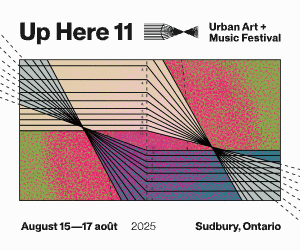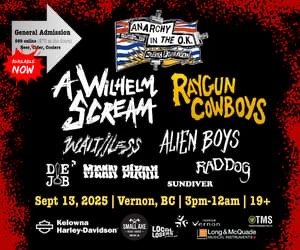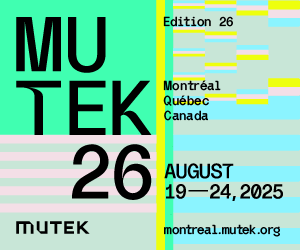The Waeve's Indie Folk Fusion Is Leaving Britpop Lost At Sea
Blur guitarist Graham Coxon and Rose Elinor Dougall are looking to shake up the music industry.
By Stephan Boissonneault
Photo by Steve Gullick
- Published on
Later that year, he met Rose Elinor Dougall. Soon after, came the Waeve, a new powerful concoction of visual post-punk, British folk-rock, and freefall jams that both reinvigorated and tested Coxon and Dougall’s musical artistry. Dougall was going through similar creative tribulations. She had her own success in the UK during the mid-2000s with her indie pop group, The Pipettes, had worked with the renowned Mark Ronson, and also moved onto a solo career. But just like Coxon, she felt she was reaching an impasse.
“I think we were both finding the idea of dragging ourselves through another album of our own to be quite exhausting,” Coxon says from his small makeshift studio in North London. “We were a bit despondent about our places within the music industry and it seemed we were both at some sort of turning point in our lives.”


Coxon had briefly met Dougall a few times throughout the years at awards shows, but it wasn’t until a jazz cafe benefit concert for Beirut in 2020 that they began talking about music, exchanging playlists, and considered collaborating with each other. By early 2021, they met up in person at Hampstead Heath Park and discussed what a collaboration would look like. “We had a long walk in the ol’ mud and it felt good and we both thought ‘Well, let’s do it,’” he says.
Mere days after their conversation, Coxon hauled a bunch of music gear into a storage room in his new house, and he and Dougall locked themselves in until they came out with some music. The pandemic lockdown in the UK was still in effect, so for many days, Coxon and Dougall only interacted with each other. “It was kind of frightening at that point because we were still getting to know each other as people and as professional musicians,” Coxon says. “If we did venture outside, there would be a couple people scuttling about from rock to rock like beetles.”
The world was on pause, in a “state of suspension.” This surreal feeling made its way into the Waeve’s sound. At times it’s heavy and angry, drawing from the darker, melancholic parts of English life with a backdrop of nebulous krautrock and industrial bass. Other times, it’s light-hearted with Dougall’s smokey vocals and vague, mystical lyrics.
For Coxon, it was new, but also familiar, as he picked up the saxophone (his first instrument) for many tracks, giving many portions of the album a cinematic soundscapes feel. But his signature guitar sound is there, making itself known with a few distorted and wonky guitar solos and rhythm chugs. “I suppose we were coming from a Van Der Graaf Generator, King Crimson, David Bowie sort of direction, and then grabbing hold of a bit of maybe Fairport Convention and older English folk music,” Coxon says.
He admits there were times during the short songwriting process when he hit a wall, searching for the right tone or pitch of guitar. He didn’t want it to sound explicitly like Blur and wanted it to feel “appropriate” for the project. “Whenever that would happen Rose would just stop me and say, ‘Look, just play it the way fucking Graham Coxon would play it,’ and I would say ‘Oh right, that’s me,’ and I would just let it rip,” he laughs.
Though Blur has announced a small reunion tour, Coxon says the Waeve is his main priority for now. “I’m taking this seriously because it excites me and I feel good about it,” he says. “We’ve done a few small shows and are already thinking about what’s next.”
By Leslie Ken Chu
The rock stalwarts lean into vulnerability and nuance, proving that evolution doesn’t have to mean softening the blow.
By Cam Delisle
The pop veteran beamed into Rogers Arena Tuesday night with a glitchy arsenal of remixed hits—some faring better than others in her AI-styled end-of-the-world fantasia.













